The outsourcing of food & beverage outlets in hotels is not a revolutionary concept. In fact, our industry has been moving in this direction for many years. What started out as a replacement for ‘gourmet’ restaurants in upscale and luxury hotels has evolved into many new and varied F&B concepts being brought into our properties under a variety of different business structures. Whether it is a celebrity chef-operated Michelin-starred experience or a structured local restaurant delivery program (as announced this week by Hyatt-Centric in conjunction with Grub Hub) many owners and operators are continuing to re-evaluate their options when it comes to food & beverage.
Frankly, this introspection and deep analysis as it relates to how we handle food & beverage is good; good for ownership, good for management, and good for the guest as well. Customer preferences have changed, and it is important that we continue to evolve this aspect of our business just as we have evolved guestroom product, group and meetings experiences, and other similar guest touchpoints.
With all of this being said, this continued progression in f&b cannot be disconnected from the economic and demographic impact of our f&b outlets on our assets’ performance. There can be a tendency for owners and operators to get caught up in the bright glare and excitement of various new restaurant concepts; celebrity chef, reality tv chef, farm-to-table, vegan, etc. As we strive to ultimately improve the overall performance of our assets, we need to be very conscious of the relationship between these varied concepts and the positioning of our properties themselves.
Reality is sometimes difficult to accept, but reality in our world is that hotels and their associated food & beverage concepts are not “one size fits all.” For both ownership and management, the ultimate profitability of these concepts has to drive our actions, but this profitability may not be limited to the four walls that a particular restaurant or outlet occupies. It’s vital for us to consider the social and cultural relationships that these outlets have with the remaining components of our assets.
We would all agree that the right way to launch our hotels and to continue to operate them would be by following a precise strategic plan that is based upon a certain positioning statement. In other words, “this is who we are and this is what we will be.” We move forward with the operation of our assets following the detail of this positioning. It would therefore be logical for us to make sure that any changes or enhancements to the asset going forward, i.e. renovations, changes in outlet concept, and so on, would still be in keeping with this positioning. However, our frequent rush to make “the latest thing” available to our guests in the form of restaurant concepts can sometimes cause us to disconnect with the same positioning that we worked so hard to establish in the first place.
Think about it this way; a mid-market resort which opens a 4 or 5-star celebrity chef restaurant; a luxury urban property that offers a very specialized ethnic dining concept; these are just a few examples of ways in which our admirable desire to improve our products and our performance can sometimes conflict with the overall positioning of our properties. Favorable lease and business terms are important to our overall success, of course. However, we must also consider any possible risk of confusing the guest, sending a mixed message to the market about who and what we really are, and potentially negatively impacting our overall business levels while hoping to improve specific outlet results.
‘New and improved’’ when it comes to our food & beverage concepts will almost always be positive. More complicated to evaluate is the effect of these new concepts on other sources of revenue in our properties. Third party restaurant deals can be extremely good for all concerned, but we need to be certain that these outlets are consistent with who and what we are, and that they represent a true upgrade for our customers as well as our food & beverage P & L.

